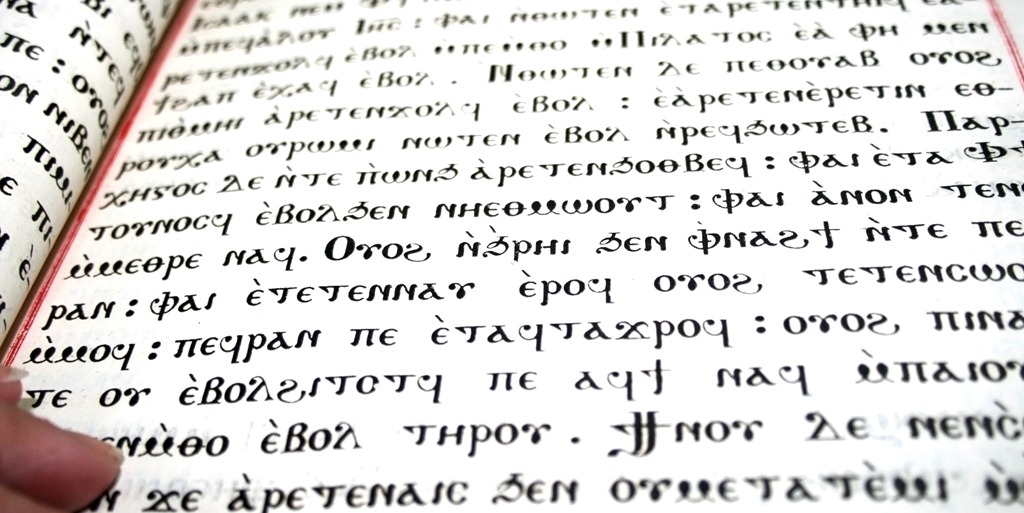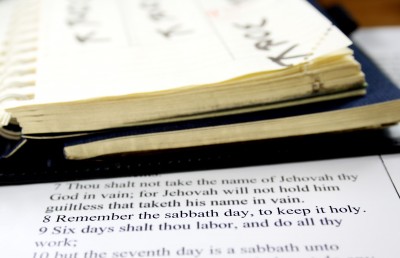-

Sukkot – restoring the Kingdom one sukkah at a time
This may sound strange to you. How can the Kingdom be restored, one sukkah at a time? What does this mean? We have come to understand the main purpose of the Tabernacle through a previous study. The foremost, but not the only, purpose of the tabernacle was to be a set apart place for YHVH…
-

“You shall have a holy convocation”
This may seem like a strange title for an article, but it is not so strange after all. Do you know what it means to have a holy convocation? I thought I did, until I did this study. This study was prompted by a dear friend who asked the question: are we commanded to assemble…
-

Introduction to Bible Study – Know what you read
This is the first part of our investigation into Bible study. We will start this journey by getting to understand exactly what it is we are reading when we read the Bible. I often hear the phrase “but what does the original text say?” I am not always convinced that the people asking this question…
-

Traditions – good or bad?
It is Friday; the sun is almost setting and a family gathers in their home all dressed up and ready to start their Sabbath celebration. The aroma of the prepared dinner is mouth-watering and the children giggle in anticipation. Mother and Father are getting the last things arranged. Everybody finds their places at the beautifully…
-

The Fourth Commandment – Part 4 – What did Y’shua do?
We have learned from the three previous studies, who changed the fourth commandment, why we should keep it, and how to keep it. The big question is: what did Y’shua and His apostles do? We shall now study the Apostolic Scriptures to see what Y’shua did and taught. He is our Master, and we are…
-

The Fourth Commandment – Part 3 – The Observance
This article is the third in the series on the fourth commandment. We have learned in the previous two articles how the Sabbath was changed from the seventh day to the first, and we also learned the reasons for observing this day. In this article we shall study the instructions for this special day. The…
